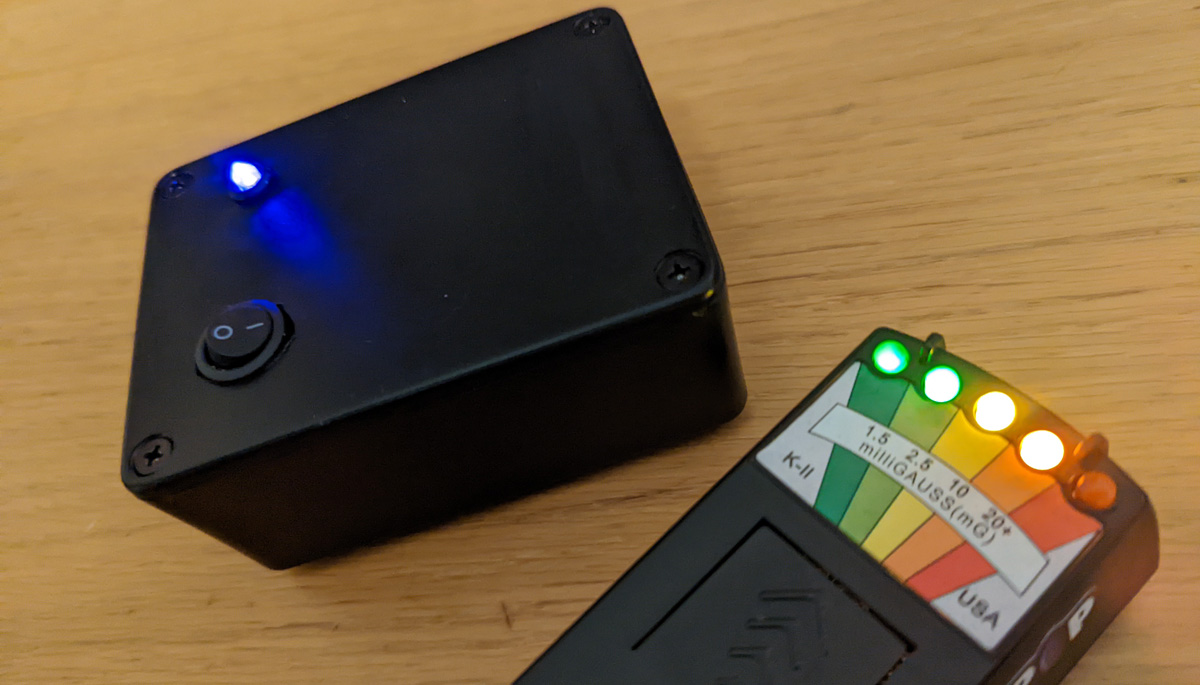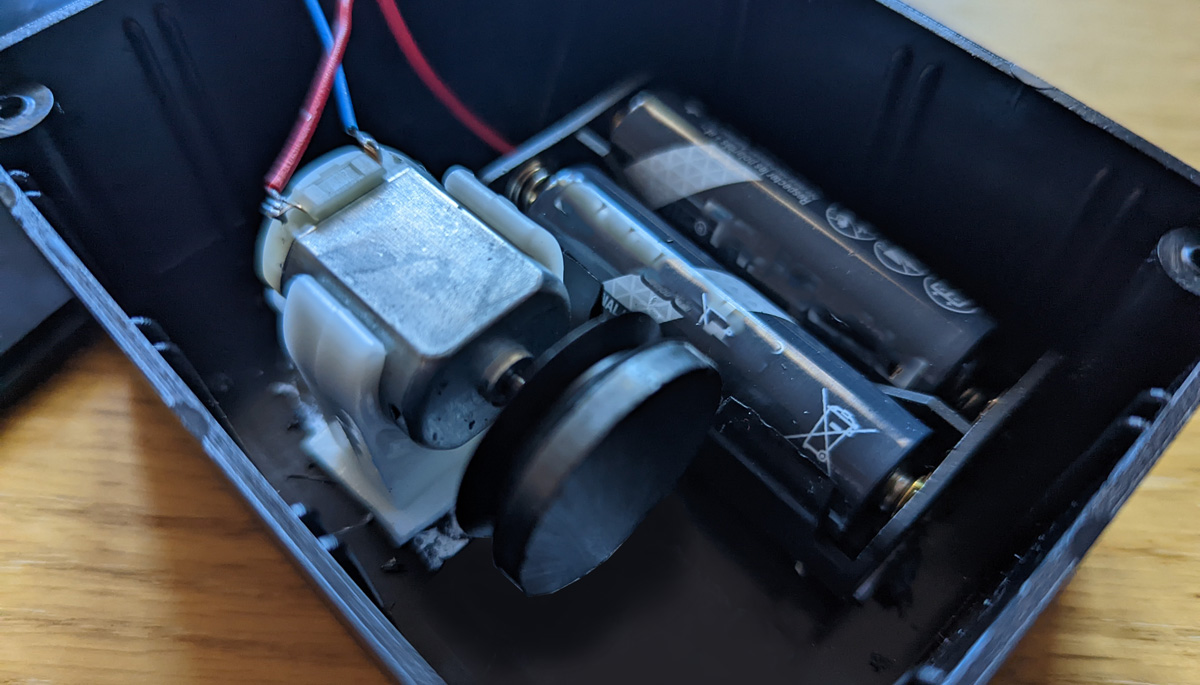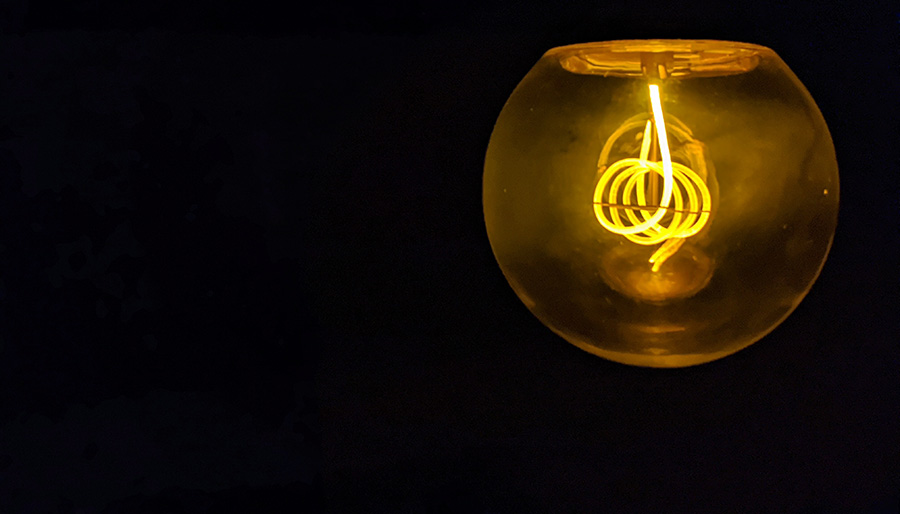EM Pumps & How They Are Said To Power Paranormal Activity

An EM Pump, or Electromagnetic Pump, is a device which is sometimes used during ghost hunts. Its creators claims that it produces an electromagnetic field in the environment being investigated. The belief is that ghosts and other supernatural entities can feed on this energy allowing them to manifest or communicate.
An EM Pump will not draw in or summon spirits from elsewhere, or open a portal to another realm allowing ghosts to come through and show themselves.
The connection between spirits and electromagnetism is based around the fact that the human brain uses tiny electrical impulses to send signals around our bodies. Ghost hunters suspect that this synaptic energy can live on as a disembodied consciousness after death and it is this that electromagnetic field (EMF) meters can detect.
EM Pumps are readily available online through specialist ghost hunting stores, as well as the online marketplaces of Amazon and eBay. They retail for around $40 to $60 dollars, but it’s not too clear if a higher price means a better product. Not a single one of these devices has its output power rating listed in any of the stores making it impossible to compare the various suppliers.
The important question is, do they work?

You can test an EM Pump is working by using an EMF meter like the commonly-used K-II meter. These devices are designed to detect sources of electromagnetic fields. A K-II has five LED lights which illuminate in sequence from green, through yellow and orange, and into red to indicate the strength of a field it detects.
Using an EMF meter, you should be able to confirm that EM Pumps do generate an electromagnetic field, but that it’s only detectable at very close proximity. This is because EM Pumps are only capable of producing out a few microwatts of power, which is pretty insignificant and comparable to the EM field naturally produced by a cheap, handheld, battery-powered fan.
Advertisement ‐ Content Continues Below.

The magnet in an EMP Pump is mounted on the spinning axis of the motor. A magnet doesn’t generate an electromagnetic field, but it does have a magnetic field. The strength of a magnet’s field isn’t changed by spinning it, so mounting one on a motor does absolutely nothing.
However, the inner workings of a battery-powered motor are essentially an electromagnetic, so it does generate an electromagnetic field, but with a power supply of just three volts, it’s a pretty low-powered electromagnetic field which only permeates a few centimetres before its too weak to be registered by a K-II meter.
You’ll know this if you’ve ever charged your phone wirelessly. Wireless charging pads are designed to radiate an electromagnetic field that is similar to that of an EM Pump. When you place your phone on the pad, a current is induced in the phone which is used to charge its battery.
Your phone has to be very close to the device, within a few centimetres, in order for it to charge. This is because, just like with the EM Pump, the field decreases to an almost unmeasurable strength within a relatively short distance from the device.
Since EM Pumps can cost up to $60, if you really want to experiment with EM on an investigation, you might be better off buying a wireless phone charger for less than $15.

Better still, there’s another way to fill an environment with a much more high-powered electromagnetic field which radiates much further than an EM Pump’s field can. All you need to do is turn a light on. Whereas the electric motor in an EM pump only produces a small amount of electromagnetism, a lightbulb produces a lot.
So, a lightbulb kicks out significantly more EM than an EM Pump. This is not just true of mains powered lightbulbs, but also flashlights and smaller bulbs. Ironically, even the LED power indicator light included in most EM Pumps is kicking out more electromagnetism than the motor inside.
Of course, you can’t detect light with an EMF meter because of its frequency. The popular K-II meter only detects fields with a frequency of 20,000Hz or less. Visible light can be found at 430THz and above. The terahertz range is orders of magnitude higher than the 20,000 hertz upper limit of a K-II.
However, it is pretty easy to establish just how much energy is being kicked out by a lightbulb. Think back to your school days when you used a solar-powered pocket calculator. It was nothing more than the lights on the ceiling of your classroom that were easily powering your calculator while it was sat on your desk. The solar panel in the calculator converts the energy in light back into electrical energy.
It’s not just light either. The electromagnetic spectrum is made up of various types of radiation including x-rays, radio waves, microwaves and even the heat generated by things like your oven. In fact even the human body gives out electromagnetic energy in the form of heat, this is the EM radiation that a thermal imaging camera can detect.
So the reality is, turning on the heating in a building is likely to pump out more energy than small three-volt electric motor.



